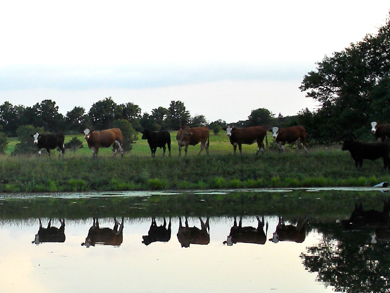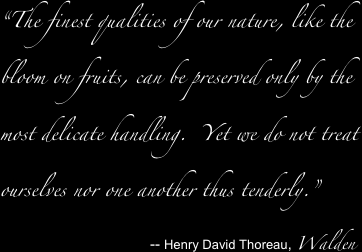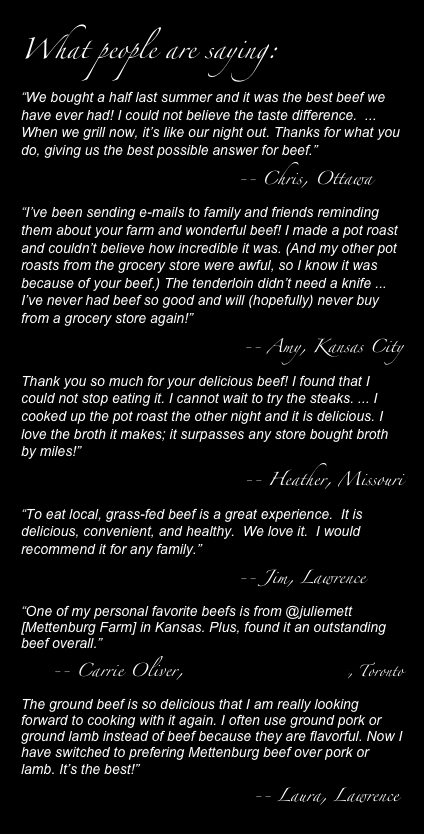
 We have learned over many years on the land that our grasses are better-managed, our health better-served and our planet better-treated when we utilize grazing animals to nurture our grasslands the way nature intended.
We have learned over many years on the land that our grasses are better-managed, our health better-served and our planet better-treated when we utilize grazing animals to nurture our grasslands the way nature intended.
There are few better nutrient sources than high-quality proteins raised on our native grasses. Plus, utilizing rotations of perennials and annuals on our non-native-grass croplands helps improve the soil, reduces not only costs but also fossil-fuel inputs, and allows us to keep our animals healthy such that low-dose antibiotics and other questionable feed additives are not needed.
It is a pleasure to learn more about how farmers and ranchers like us are utilizing the land to enrich our environment as well as our health, through careful animal and earth husbandry. Here are some of our recommended resources for learning more:
The Omnivore’s Dilemma: A Natural History of Four Meals
By Michael Pollan
The seminal book that will forever change how you look at food and our food system. If you don’t have time to read the book, watching Food, Inc. will have the same effect.
Eating Animals
By Jonathan Safran Foer
Folks might wonder why we would recommend this book by a vegetarian, but after a personal investigation into the ethics of eating meat, his conclusions are surprising. And while Big Beef may protest any advice to reduce meat consumption, we believe that if you can’t get meat from Mettenburg Farm or another sustainable source, that our planet, animals and public health would benefit if you eat less of it.
Animal, Vegetable, Miracle: A Year of Food Life
By Barbara Kingsolver
Prairyerth (A Deep Map): An Epic History of the Tallgrass Prairie Country
By William Least Heat-Moon
Folks, This Ain’t Normal
By Joel Salatin, Polyface Farm, a pioneer in this type of farming (and whose farm we have visited, for information and inspiration!).
Also good: Everything I Want to Do Is Illegal, to give you an idea of the bizarre regulatory and other challenges of trying to farm and sell food this way — outside of the Big Food system. Spoiler alert: the deck is stacked against us!
If you’re inspired and would like to get involved, help change our system to support sustainable food and farming, or would like to try farming yourself, we recommend getting involved with the Kansas Rural Center. (Disclosure: Our daughter, Julie, is the Executive Director of KRC. But she went to work for them after we attended our first, amazing KRC Sustainable Agriculture Conference and discovered we had found like-minded souls from across Kansas!) You can contact her directly at juliemettenburg@gmail.com.
Allan Savory: How to green the desert and reverse climate change
Can our humble cattle and other animals really do all of that? Indeed. This TED talk by Allan Savory, the father of intensive grazing management, offers a paradigm-change education in only 20 minutes. Profound.
The Ottawa Herald’s Locavore Challenge
Rox provides a tour and grills up some burgers in this fun 2009 feature of Mettenburg Farm by The Ottawa Herald.
The Artisan Beef Institute
Carrie Oliver, Toronto food activist, wondered what would happen if we treated our meats like wine: with reverence and respect for where they are raised and how. She believes that like fine wine, fine meats provide distinctive eating experiences, based on their terroir. She has created a “beef-tasting” event similar to “wine-tasting.” See how our beef fared in two beef tastings (hint: Carrie considers Mettenburg Farm beef one of her favorites of all time).
